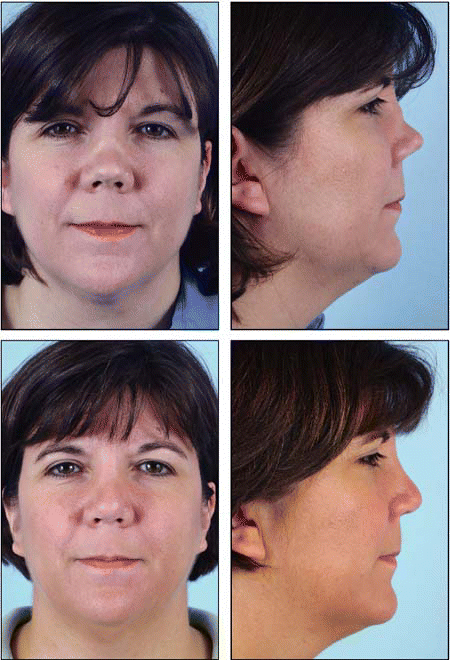Standards proposed by the United States Pharmacopeia (USP) for the compounding of sterile medication could be applied to vial mixing in the office.


Standards proposed by the United States Pharmacopeia (USP) for the compounding of sterile medication could be applied to vial mixing in the office.

An estimated 31 million Americans are affected by some level of hearing loss and, as the population ages, that number will continue to rise.

Ask just about any resident or young physician just starting out in practice how his or her personal life is going and the most common response you will likely get is, What personal life? or something to that effect.



Image-guided sinus (IGS) and skull base surgery is no longer considered experimental or investigational, and is appropriate for use by otolaryngologic surgeons to help clarify complex anatomy encountered during functional endoscopic sinus and skull base surgery (FESS).


As otolaryngologists and facial plastic surgeons, we are fortunate to have the opportunity to perform many challenging operations of the head and neck.

